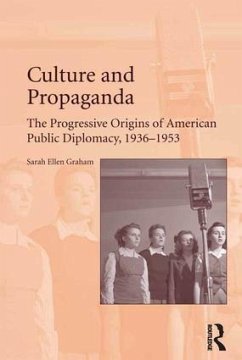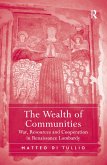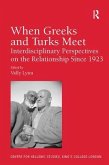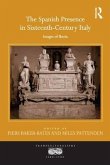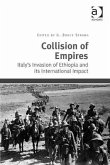Covering the crucial period between 1936 and 1953, this book explains how new notions of propaganda as reciprocal exchange, cultural engagement, and enlightening information paved the way for innovations in U.S. diplomatic practice. Through a comparative analysis of the State Department's Division of Cultural Relations, the government radio station Voice of America, and drawing extensively on U.S. foreign policy archives, this book shows how America's liberal traditions were reconciled with the task of influencing and attracting publics abroad.
Hinweis: Dieser Artikel kann nur an eine deutsche Lieferadresse ausgeliefert werden.
Hinweis: Dieser Artikel kann nur an eine deutsche Lieferadresse ausgeliefert werden.

